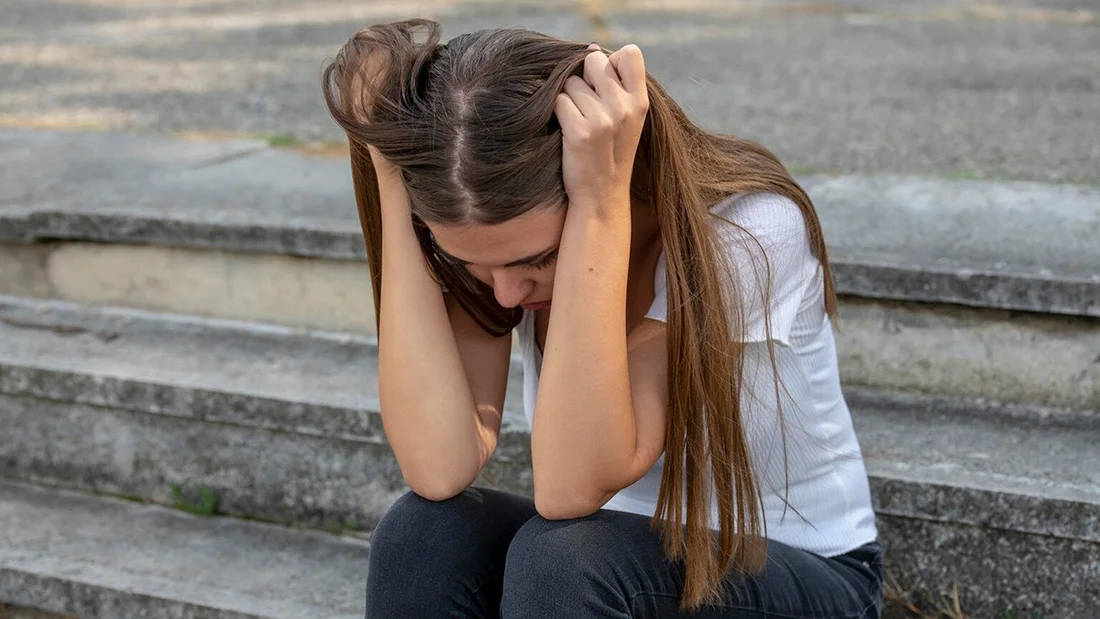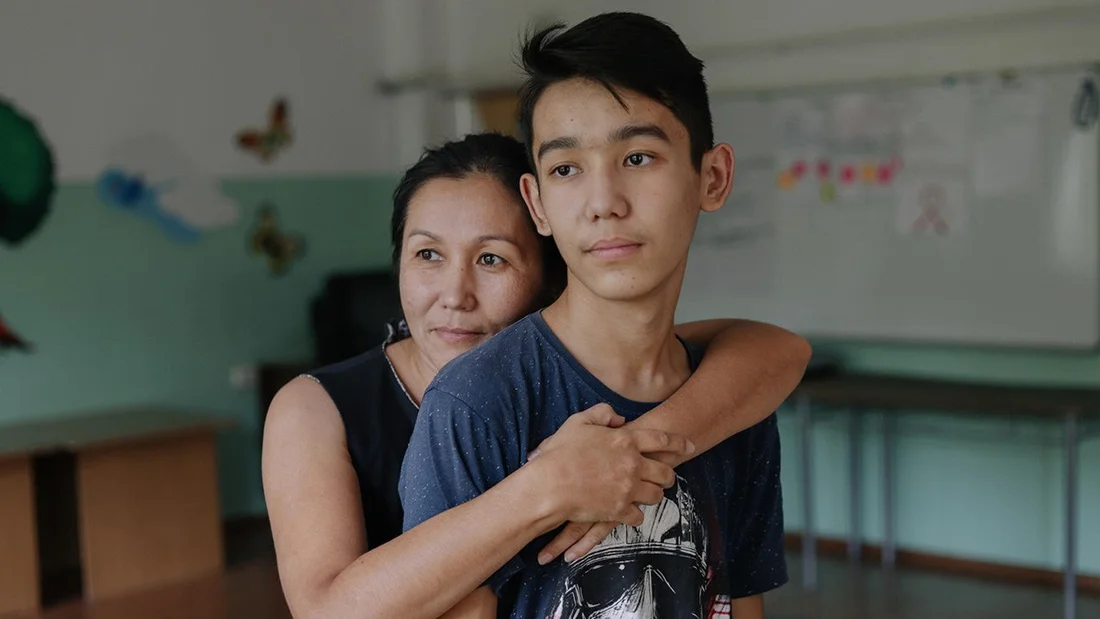Mental health is a fundamental factor for the wellbeing of children and young people. However, it is perfectly normal for children and young people of all ages to constantly wrestle with fears and worries. Problems arise if these worries start to dominate day-to-day life and those affected are no longer able to cope with the pressure on their own. This makes it all the more important to recognize mental health problems at an early stage, understand the causes and offer help both within the family and on a professional level.
Supportive and caring parenting is important not only for the mental wellbeing of children and young people, but also for their development. Nevertheless, there are times when one sees changes in the behavior, mood or happiness of children and young people. Some of these changes may be related to the usual stages of development. However, if they last for several weeks and are impacting on your child’s day-to-day life, the causes should be investigated and help offered.
Stress as a constant companion
Nowadays, stress is a constant companion for adults and young people alike. This stress manifests itself more and more when children and young people feel under pressure or overwhelmed. In small amounts, it can encourage and motivate them to achieve their goals. But too much stress, especially if it feels uncontrollable, can have a detrimental impact on their mood and on their physical and mental health.
Many children and young people experience stress when they are confronted with stressful, difficult or unsafe situations. Negative thoughts about their performance, appearance or the effect they have on others can then define their day-to-day life. Irritability, outbursts of anger, sadness and isolation are all clear signs of the stress being experienced by those affected.
To give your child the best possible support, it is particularly important to identify the triggers and causes of their stress. Talk to your child to try and establish which situations they find stressful, and look for solutions together. Give them lots of attention and love, take the time to listen, and try to encourage positive thinking. However, make sure you also give your child enough privacy and space to retreat into.
When anxiety becomes a problem
It’s entirely normal for children and young people to worry and be anxious in certain situations. Children may be afraid of different things at different stages in their childhood, and the exact causes are not always clear. Many of these anxieties are a natural part of growing up, however. Social situations in particular, such as meeting new people or talking to strangers, can give rise to anxiety, as can activities like taking an exam. Anxiety only becomes a problem if the worries persist and make day-to-day life more difficult.
“The better children and young people are able to understand and classify their feelings, the easier it is for them to manage emerging anxieties.”
Every child experiences anxiety in a different way, with only a few suffering panic attacks as a result. In these cases, the anxiety primarily causes physical symptoms such as shortness of breath, heart palpitations, increased sweating or trembling. Sleep problems and fainting may also occur. Children and young people suffering from anxiety are often tired and have poor concentration. Their day-to-day lives are dominated by feelings of nervousness, panic and loss of control.
Knowing what triggers an anxiety or panic attack is the first step towards recovery. It is often helpful to ask your child how they are feeling and what is making them anxious or stressed. The better children and young people are able to understand and classify their feelings, the easier it is for them to manage emerging fears. Do perception and breathing exercises with your child to counteract emerging panic and anxiety attacks. Create a safe space where your child can think and relax in peace.
Between sadness and depression
All children and young people can sometimes feel down or sad. This is a natural part of adolescence. However, these feelings can be cause for concern if they remain intense over a prolonged period of time, particularly if they impact on social, family and school life. Depression is one of the most common mental illnesses and often occurs in conjunction with anxiety. Triggers may include assault, violence at school, the loss of a loved one or family problems.
“Persistent sadness or anxiety dominate their day-to-day lives. They often withdraw into solitude, which can intensify their feelings of worthlessness and hopelessness.”
Children and young people affected by depression often exhibit low energy levels and have difficulty concentrating, and may also experience changes in appetite or sleep behavior. Persistent sadness or anxiety dominate their day-to-day lives. They often withdraw into solitude, which can intensify their feelings of worthlessness and hopelessness.
Try to create a safe and supportive environment in which your child feels safe and understood. Talk to them, listen and don’t judge. This will enable you to learn about your child’s concerns and observe which changes your child responds to. If your child is showing signs of depression, it is important to consult a psychologist.
Do not hesitate to seek help
Different forms of mental health problems are often mutually dependent. Finding the right help for children and young people can therefore be a huge challenge for parents and caregivers. Do not hesitate to seek professional help and support for your child. If stress, depression and / or anxiety are impacting your child’s life, it is important that they get help. Consider contacting the appropriate advisory services, who can recommend potential tools and therapies. If your child is having thoughts of self-harm or has already harmed themselves, contact a healthcare professional. Mental problems and illnesses are treatable: The sooner you talk to experts, the sooner you and your child can be helped.
Common counseling centers and further information on mental health can be found here.


